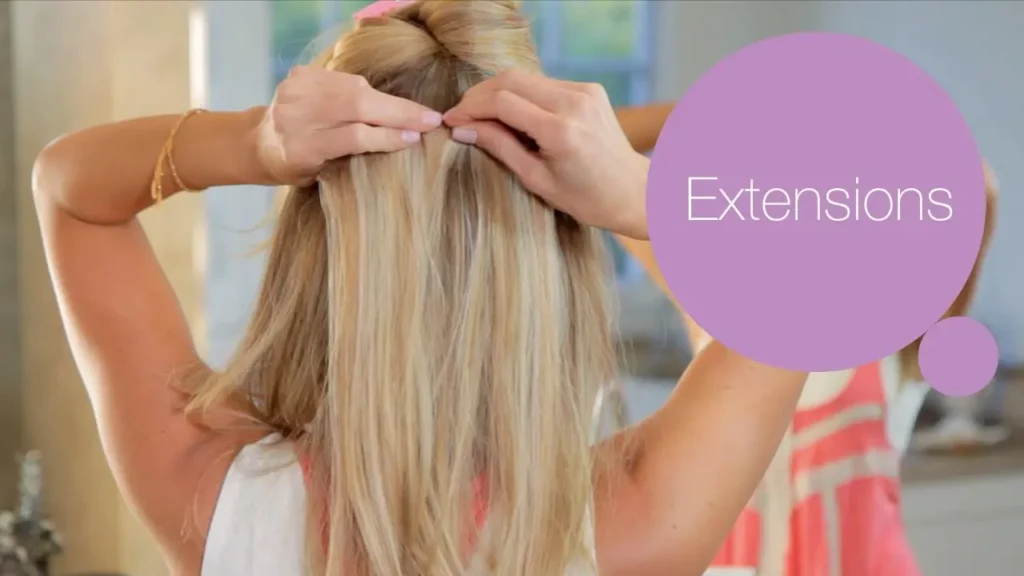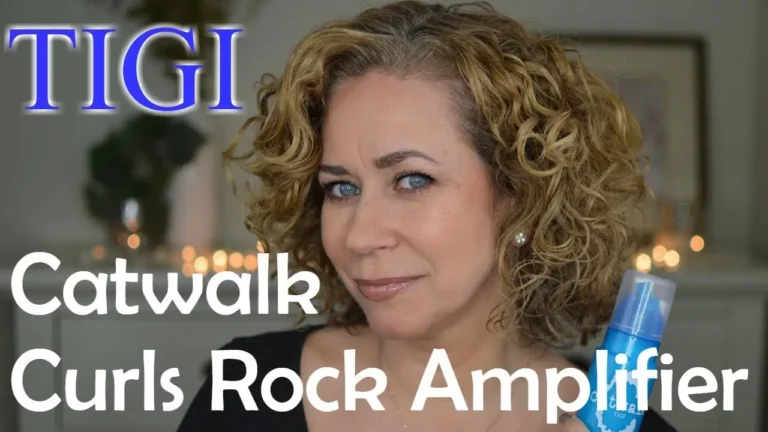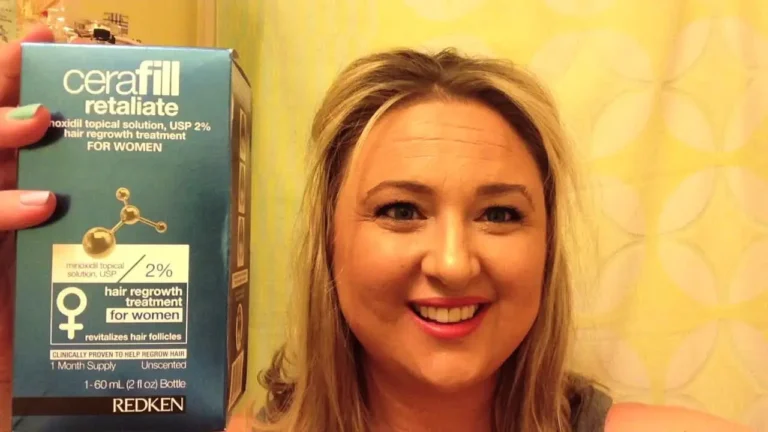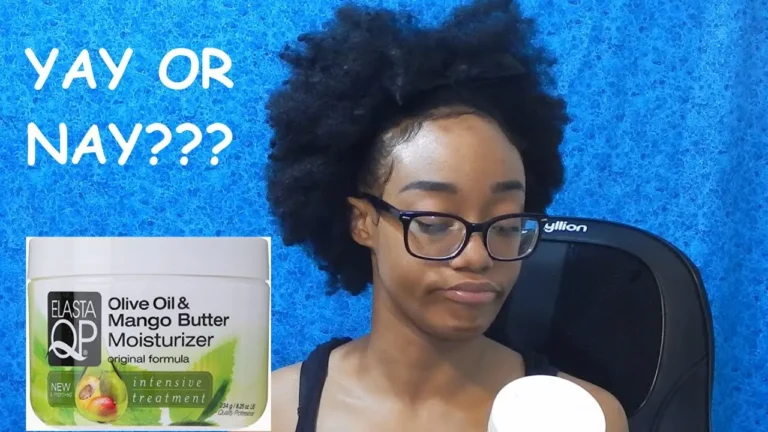
Do Hair Extensions Stop Your Hair From Growing? (It’s a Growing Pain)
Many people wonder whether hair extensions stop hair from growing. They are a popular choice for many women.
They can give you a new look and feel. However, hair extensions can have some negative effects on your hair.
One of the most common complaints is that they stop your hair from growing. It’s not just the weight of the extension that is stopping your hair from growing, it’s also the chemicals in the hair glue that is used to attach them to your head.
The best way to avoid these problems is by using an extension adhesive like this one from Amazon.
Most people who use clip-in extensions will not experience hair loss despite their intention to stop growing before clipping in. So for most people, the benefits of clip-in extensions far outweigh the downsides.
As long as you don’t do anything to your hair that may cause any damage, it will grow perfectly normally.
Hair extension manufacturers claim that they do not affect your natural hair growth because they are made from synthetic materials such as nylon or polyester.
Be sure to remove your extensions before sleeping, and keep them in a good condition. If you have any more questions, you can leave us a comment below!
Can Your Hair Grow While Wearing Extensions?
Some people believe that wearing extensions will cause your hair to grow faster, but this is not true. Extensions don’t actually make your hair grow any faster than it would normally.
Some people worry that wearing extensions will damage their real hair or cause breakage or loss of natural oils.
However, these fears are unfounded as well. You should not worry about damaging your real hair with extensions as long as you take good care of them and use the right products for the job.
What Are The Pros and Cons of Wearing Hair Extensions?
Many people are wearing hair extensions, but there are also many people who don’t want to. This is because there are some cons that come along with this type of hair that you may not know about.
The Pros and Cons of Wearing Hair Extensions:
Pros:
- Adds volume
- Adds length
- Adds thickness
- Helps with thinning hair problems, such as balding and thinning areas
- Can be used to cover gray hair or color your hair without damaging the scalp or roots
- Can add a new dimension to your hairstyle by changing up the texture and color of your natural hair
Cons:
- Can be expensive if used too often or as a permanent solution
- Can be difficult to remove
- Can cause scalp irritation and breakouts
- Will stain clothing, hairbrushes, and sheets
- Not good for thinning hair in particular
Will my Hair Grow Back After Hair Extensions?
Hair extensions are a great way to add volume and length to thin hair. They can look natural and last for a long time.
However, there are some risks involved with having extensions in your hair. One of which is that they might cause hair thinning after you take them out.
Hair extensions are applied by weaving or braiding strands of hair into the natural hair on the head, usually at the root area.
This process can damage the natural hair if done improperly, which is why it is important to know how long it will take for your natural hair to grow back after you remove an extension from your head.
It will take about three months for most people’s natural hair to grow back after removing a single extension from their head.
Do Clip-in Hair Extensions Cause Damage?
Clip-in hair extensions are a popular way to add volume and length to your hair. But, there is a concern that they might cause damage to the hair follicles.
Clip-in hair extensions do not cause damage because they are made out of synthetic hair that is designed to last.
The only time damage may occur is when you try to remove them too quickly or if you use harsh chemicals on them.
Can Extensions Cause Hair Thinning?
There are a lot of hair extensions in the market today, and there are many people who use them. These extensions can cause hair thinning if not used properly.
Hair extensions help make your natural hair look thicker and fuller by adding volume and length to your existing strands without damaging your natural hairs. But they cannot replace the need for proper care and maintenance of your natural hair.
Extensions can cause hair thinning, especially when they are too tight and/or use a lot of heat. This is because the hair follicle has to take on more than it can handle and it starts to break down.
The longer your extensions are, the more likely your hair will start to thin out from the stress that they put on your hair follicles.
Can Extensions Cause Hair Loss?
Extensions can cause hair loss. The reason is that they are made out of synthetic materials, which are not as healthy as the natural ones.
They also contain chemicals that can cause damage to your scalp and hair. In some cases, they can even lead to baldness.
The most common way extensions cause hair loss is by making it difficult for the natural oils from your scalp to reach the rest of your hair, which makes it dry and brittle over time.
Should You Avoid Extensions If You Want To Grow Your Hair?
There are a lot of people who are hesitant to start using extensions because they think that it might ruin their hair.
This is not true. Extensions can be a great addition to your hair care routine and you should consider getting them if you want to grow your hair.
Extensions can not only help you grow your hair faster, but they also add volume and shine, which makes your locks look more voluminous and healthy.
The best part about extensions is that they are easy to remove when you’re ready for a new look.
Conclusion:
The short answer is no, hair extensions do not stop your hair from growing.
The long answer is that the thickening effect of hair extensions is temporary and will eventually wear off.
The thicker the hair, the more likely it is to shed or break off. If you want to grow your natural hair back, use a shampoo that contains biotin and use a deep conditioning treatment every week.








Comments are closed.